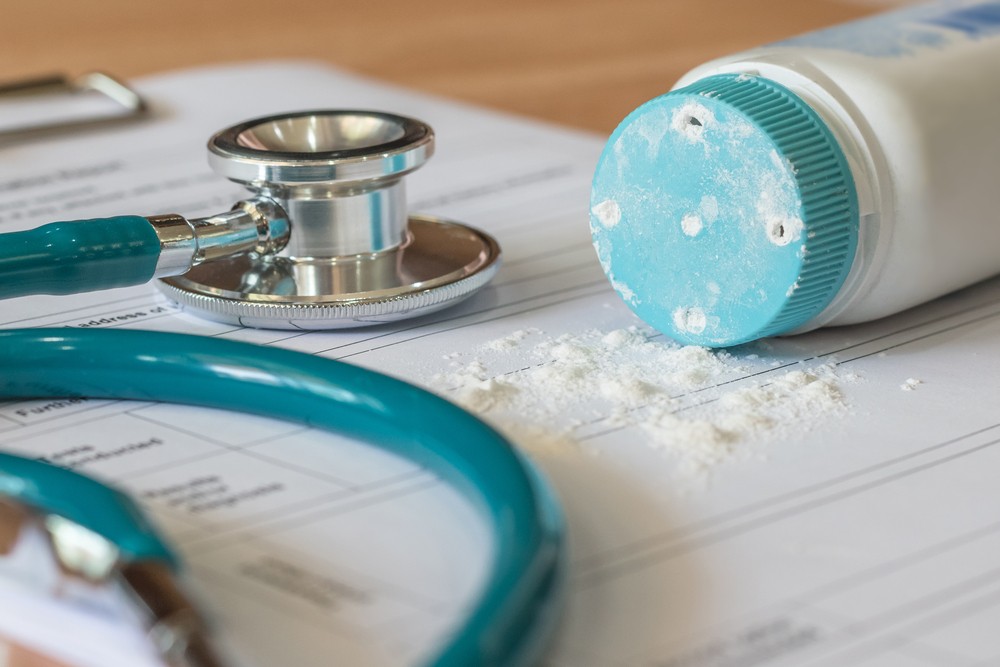Research continues on cancer risks associated with talc powder
Despite Johnson & Johnson losing in court cases, studies are not yet definitive
Change Size
 Classified as cosmetics, talcum powder products do not have to undergo FDA review, but must be properly labelled “safe for use.” (shutterstock.com/-)
Classified as cosmetics, talcum powder products do not have to undergo FDA review, but must be properly labelled “safe for use.” (shutterstock.com/-)
A
span class="s1">Anxiety looms over the use of talc powder as Johnson & Johnson once again lost a costly court case when a jury in St. Louis, Missouri, awarded $55 million to a woman who claimed using J&J’s Baby Powder and Shower to Shower for feminine hygiene purposes caused her to develop ovarian cancer.
The court decision came barely three months after the company’s first defeat for the same complaint last February. The multinational company is facing 1,200 more lawsuits for the same accusation—that it allegedly withheld from consumers the information about the cancer risks of talc powder.
As the Philippines experiences its hottest summer so far, the demand for talc and other similar products increases as consumers attempt to keep the body fresh amid the unbearable heat and humidity.
But can talc really cause cancer?
Evidence from those who use talc for feminine hygiene has mixed results. A 2014 report by the National Center for Biotechnology Information, which studied more than 61,000 women for about 12 years, concluded that “perineal powder use does not appear to influence ovarian cancer risk.”
Ovarian cancer
But the jury in St. Luis awarded $55 million in damages to Gloria Ristesund, who used J&J talc powder products for more than 35 years before developing ovarian cancer in 2011.
The late Jacqueline Fox from Birmingham, Alabama, who succumbed to ovarian cancer in October 2015 at 62, also claimed she used J&J talc products for feminine hygiene purposes for over 35 years. The jury ordered J&J to pay $72 million to the family of Fox.
However, the American Cancer Society (ACS) said that “no increased risk of lung cancer has been reported with the use of cosmetic talcum powder.”
And yet a report by the World Health Organization’s International Agency for Research on Cancer (IARC) said that genital use of body talc powder is “possibly carcinogenic to humans.”
The National Institute for Occupational Safety and Health of the Centers for Disease Control and Prevention, in its International Chemical Safety information for talc, stated, for long-term use, that “the substance may have effects on the lungs, resulting in talc pneumoconiosis.”
Meanwhile, Carol Goodrich, spokesperson for Johnson & Johnson Consumer, told CNN: “Multiple scientific and regulatory reviews have determined that talc is safe for use in cosmetic products and the labeling on Johnson’s Baby Powder is appropriate.”
Talc is not a known carcinogen, according to ACS, but recognizes that “it has been suggested” to cause ovarian cancer if the powder comes in direct contact with the genital area.
The ACS Talc Fact Sheet says that “for any individual woman, if there is an increased risk, the overall increase is likely to be very small… Still, talc is widely used in many products, so it is important to determine if the increased risk is real. Research in this area still continues.”
NBC News reported that J&J will appeal the court decisions.









